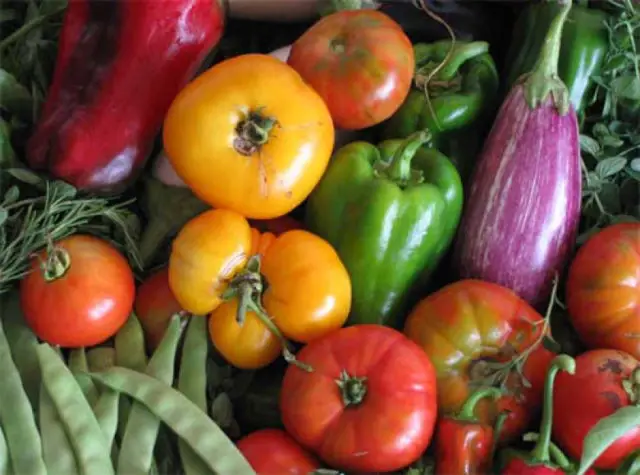More than 100 certified organic producers or in the process of transition, together with technicians and researchers, exchange innovative experiences and information in the 7th National Meeting of Producers, Experimenters
According to data from the Accreditation and Registration Unit in Organic Agriculture (ARAO) of the State Phytosanitary Service, by 2018 more than 8,000 certified organic hectares were counted. This is equivalent to 2,500 producing people who opted for organic certification.
“A challenge we have to assume is to get closer to the consumer. We need to inform you better and convince you to demand certified organic products. The more and better-informed consumers are about the organic production process and the benefits, there would be greater and better demand, which would positively impact the sector”, said the Vice Minister of Agriculture and Livestock (MAG), Ana Cristina Quirós Soto.

In the VII National Meeting of Producers, Experimenters, and Researchers in Organic Production, which is held on September 17th and 18th, 2019, the main challenges facing the sector will be analyzed, including the regulation of the commercialization of organic products at points of sale and consumer awareness.
“Organic agriculture represents a commitment that as a society we must have with our country, it is an opportunity to promote a well-being in the health of the population, guarantee food and nutrition security, generate green jobs and advance the climatic commitments that Costa Rica has raised”, commented Víctor Milla Quesada, Official Representative of FAO Programs in Costa Rica.
In addition, new knowledge and tools will be shared through plenaries to implement in organic production on issues related to land use and crop nutrition, management
The national meeting is organized by the MAG, together with the Program of Research and Transfer of Agricultural Technology in Organic Production of Costa Rica (PITTA-PO), the Department of Organic Production, and the Organization of the United Nations for Food and Agriculture (FAO).

